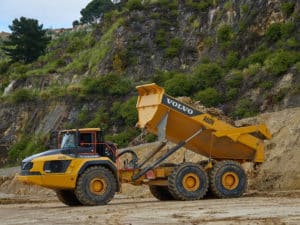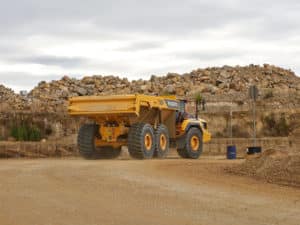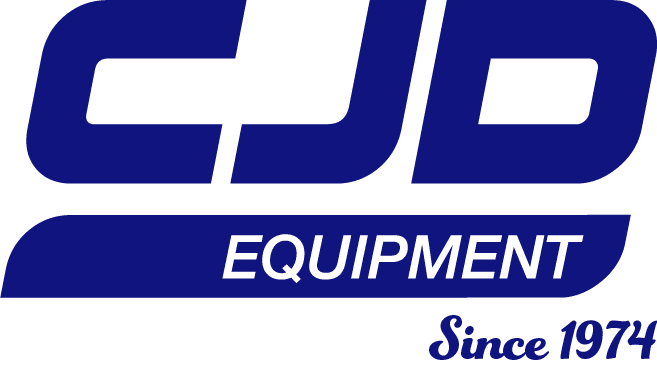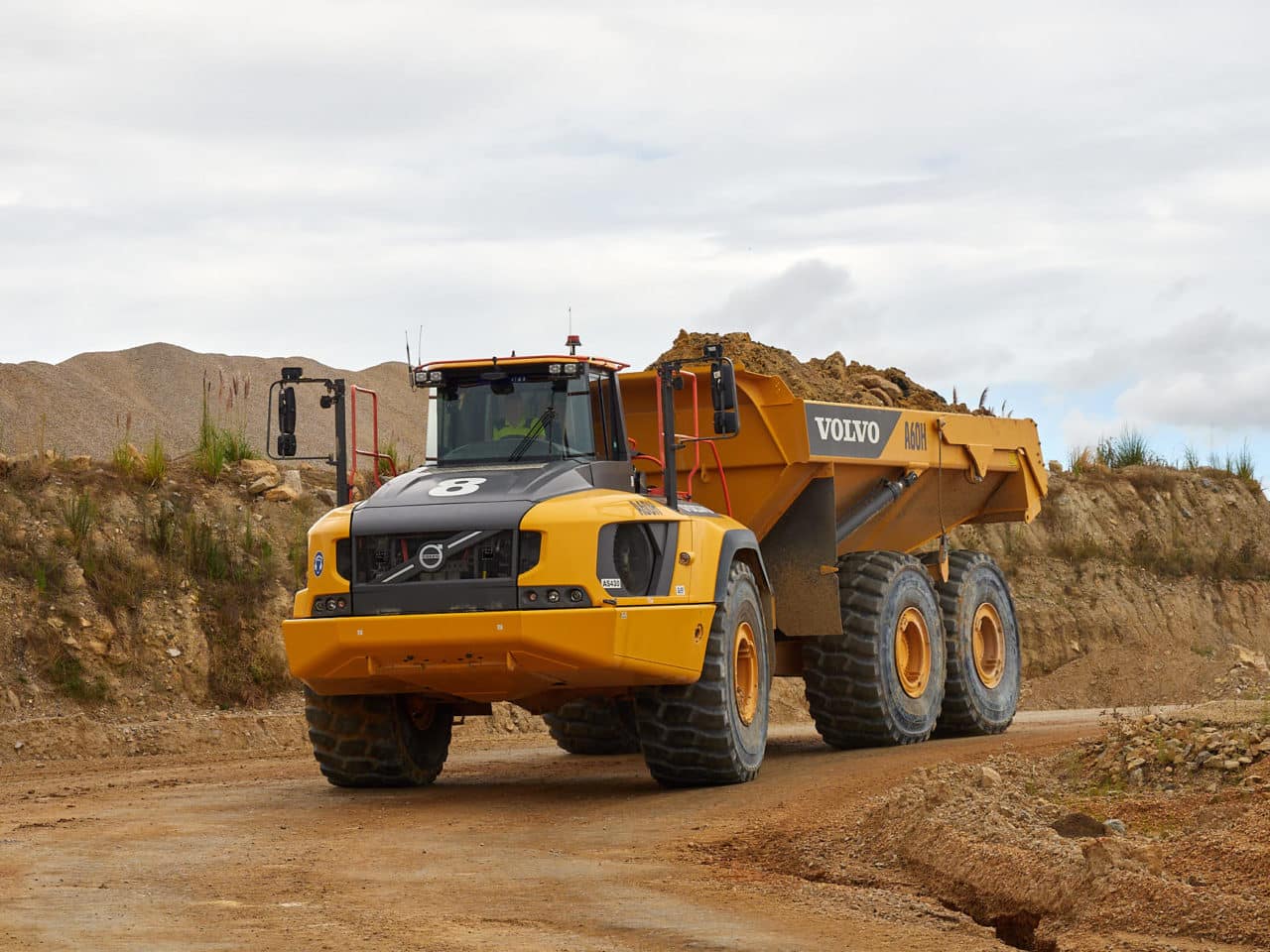Filling in a former quarry is a tough job for Melbourne’s Bayport, but its Volvo Construction Equipment is up to the task, benefiting from years of experience
A former limestone quarry on the fringes of Melbourne’s north-eastern suburbs is being transformed into a housing and retail development estate with the use of Volvo machinery from CJD Equipment.
Plans for the new suburb were first approved in 2017 and, since then, the former Lilydale Quarry site and surrounding farmland, spanning 163 hectares in total, has continued to be converted into allocated developments.
The area was one of the biggest vacant sites in the Melbourne metropolitan area and, once completed, will provide housing for up to 9,000 new residents, as well as retail stores and green spaces.
Transformation of the site has been the responsibility of industrial and property development specialists Bayport, which has been involved in the development sector since 1969.
One of the key tasks in the redevelopment has been the Herculean challenge of filling the open quarry pit – an area that covers approximately 25 hectares and extends 120m into the ground.
Bayport spokesperson Glen Barker says the process of refilling Earthmovers & Excavators the quarry pit has been a challenge, given the immense amount of land required to do so.
“It’s a challenging environment because we’re essentially reverse quarrying,” Barker says. “Instead of pulling the stuff out, we’re actually putting the stuff back in, which is a little bit different to the normal quarrying side of things.
Servicing Volvo articulated haulers has been made easier too, with greasing at the various lube points only required every 250 hours.”

In all, the quarry will require nine million cubic metres of soil to fill and will represent approximately 15 per cent of the development’s land to be used for housing and commercial development. The process of reverse quarrying requires Bayport and its workforce of around 60 onsite employees to remove soil from the top of the quarry and transport it down the quarry pit where it is dumped and progressively filled.
Pending construction conditions, the fill commenced in 2017 and will be completed in 2024.
Barker says the decision to use a fleet of Volvo CE articulated haulers to fill the pit was an easy one.
Bayport used six 60-tonne articulated haulers and two smaller 45-tonne articulated haulers on site, saying it chose these models due to their reliability and performance while hauling dirt, as well as their increased payload, compared to other models.
“[The material is] very abrasive and the ground conditions are also challenging too, and that’s why we’ve started to swing towards using the Volvo CE articulated haulers to help us remove the material at the top [of the quarry site], where it’s quite wet, and bring it down to the hole,” he says.
“Given the ground conditions up the top of the site, we have 60-tonne articulated haulers on site, which carry a large payload.
“They’re able to go into areas where the ground conditions aren’t so good, and we can still get the material out. We get a bit more versatility with the articulated machines.”

The machines in question are the Volvo A60H and the A45G – which have been built on the back of over 50 years of innovation and technology in the articulated hauler space.
In the case of the A60H, which is powered by Volvo’s 16L turbocharged diesel engine, hauling material down to the pit floor is made easy given the machine’s ability to traverse tough conditions, such as the steep and abrasive material at the Lilydale Quarry site.
The A60H hauler was first released by Volvo in 2016 to mark the 50th anniversary of Volvo’s first articulated hauler – the DR631.
More than five years on since it was first released, the A60H is still the largest articulated hauler on the market and offers operators a 40 per cent increase in payload compared to Volvo’s previous larger hauler – the A40.
Such a large payload means operators and contractors, such as Bayport, can move more material for less, resulting in a significant decrease in cost-per-tonne ratio.
With six A60H machines in operation at the Lilydale site, Bayport has already hauled around half of the required material to the pit floor, achieving the feat in a short cycle time thanks to the machine’s large 60-tonne payload.
At Lilydale, Barker says Volvo’s Haul Assist technology has also been vital in maximising the performance of the A60H machines and their capabilities. Using Haul Assist, Bayport can access real-time payload data to ensure each cycle is made with the optimum amount of material.
“[Haul Assist] does have payload on there so the people who are loading up the haulers know when they’ve got them to weight, because the system on the truck will let them know,” he says.
“That way, the machines aren’t being overloaded but it also means they are carrying to their full capacity as well.”





